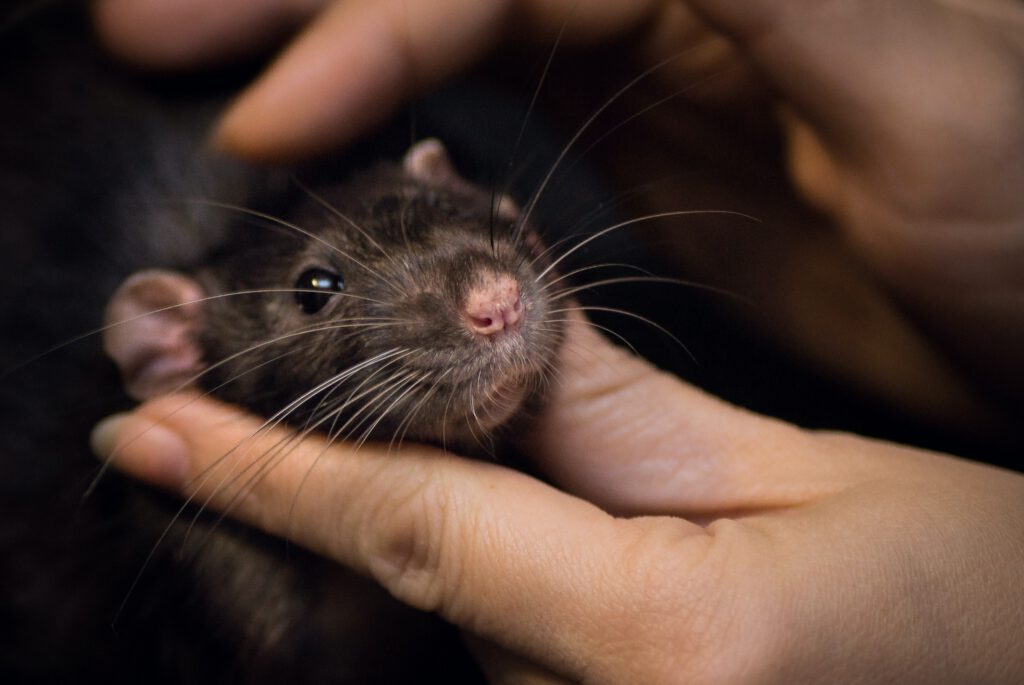Placebo effect on children
How to make the Placebo effect work for children
How a parallel can be drawn between a rat lab experiment and raising children? The way you treat a lab rat has an effect on how they perform. This can be explained as a Placebo effect and similar effects have been found on children. This method is used in Integrative kids coaching.


In 1963 Bob Rosenthal a young psychologist and researcher conducted a very interesting experiment with lab rats. One sign mentioned the cage contained specially trained and highly intelligent rats. The other cage had a sign that mentioned it contained slow rats with a low intellingence. That day Rosenthal gave his students the assignment to put the rats in a maze and time how long it took them to find the exit. What the students didn’t know was that none of the rats differed in both training or intelligence. They were all normal rats. The outcome of this study were highly surprising. The rats of which the students thought were smart actually performed better than the other ones. It seemed like magic… and it wasn’t just a marginal difference. They outperformed the other rats by a factor 2. How was this possible?
So how does it work with children. Does their (school) perfocmance increase when they are treated differently?
Next, Rosenthal wondered if teachers thought a child was a less intelligent or ‘slow’ student, they would meet that expectation? And sure thing…
In a San Francisco school teachers were told a group of students score higher on an IQ test. In reality the researchers tossed a coin to determine whether the children were put in the ‘intelligent’ group or the ‘normal’ group. Similar to the lab rat experiment the group ‘intelligent’ children received more attention, more compliments and hopeful glances which caused the children to perceive themselves differently. The effect on the youngest students appeared to be the greatest. In only 1 year their IQ ‘jumped’ with 27 points. The largest effect was found among the group boys with Mexican backgrounds, the group of which the least was expected in those days. Rosenthal called this effect the Pygmalion effect. We could also call this the Placebo effect.
How does discrimination and bullying promote bad performance?
The opposite of the pygmalion effect is called the ‘Golem effect’ or ‘Nocebo effect’. The impact of the Golem effect on children showed that those who were expected less of were looked at less. Teachers in this experiment kept more distance and are smiled at much less. The result was equally surpirsing for both the lab rat experiment and the study with children. Due to the immorality of conducting experimental research on people with negative psychological effects are no longer conducted.
The Golem effect however seems to be the dark force behind discrimination, bullying, income inequality and career progression impediments. Nevertheless more focus has shifted towards it in recent years and much more is needed in the future.
The Placebo effect works in coaching!
What I want to focus on is the Placebo effect. As an integrative kids coach the Placebo effect is a super important factor in working with children. Perhaps even the most important factor to help children get a better self image. Because that is where it starts. Every child is unique, has most knowledge about what it wants and needs deep down inside. In my coaching practice Children of the Universe I work on strengthening the childs ‘ego’ to strengthen the self-love, self-confidence and resilience of each child.
How it is applied in integrative kids coaching?
Children, more than adults, are looking for affirmation, encouragement, a nod or a smile. So when your child is having difficult times at home or at school, think about Bob Rosenthal’s experiment and how you can support your child in an encouraging and loving way.
